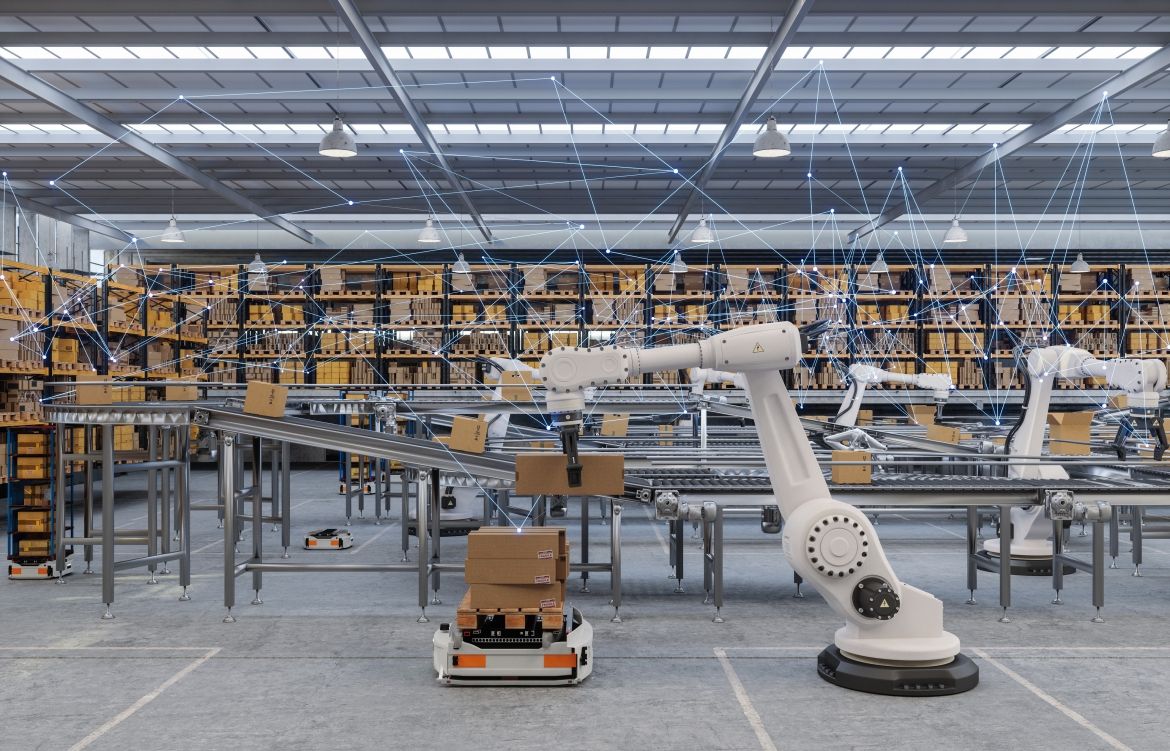Changing nature of work and future of work
Diverse forces are changing the nature of work, with the potential to both positively and negatively affect workers. For example, due to advances in digital technology, the shift to remote and hybrid jobs and the continued rise of gig and platform-based employment, changes are unfolding in what people do for work, and where and how they do it. Our research seeks to understand the impact of these changes on workers, and the workplace and system-level policies and practices to ensure the health, safety and inclusion of all workers, now and in the future.
Latest findings

Mental health of Canadians who work from home no better or worse than those working outside the home
Canadian adults who work from home report the same levels of mental health, life satisfaction and stress as those who work on-site at a workplace, or at no fixed location (on the road). That’s according to a study of survey data from almost 25,000 Canadians in 2022.
Which workers and jobs will be most affected by machine learning?
Machine learning is being adopted by more and more Canadian workplaces. Given this technology’s ability to learn, adapt and generate work outputs, it also has the potential to perform job tasks in place of humans. But which workers might be most affected by the use of machine learning?
Telementoring program addresses return-to-work challenges for Ontario health-care providers
An IWH study has found that Ontario health-care providers face a range of challenges when treating workers with a work-related injury or illness and helping them return to work—a telementoring program called ECHO Occupational Environmental Medicine helped providers overcome some of these challenges.Featured tool
Featured article

